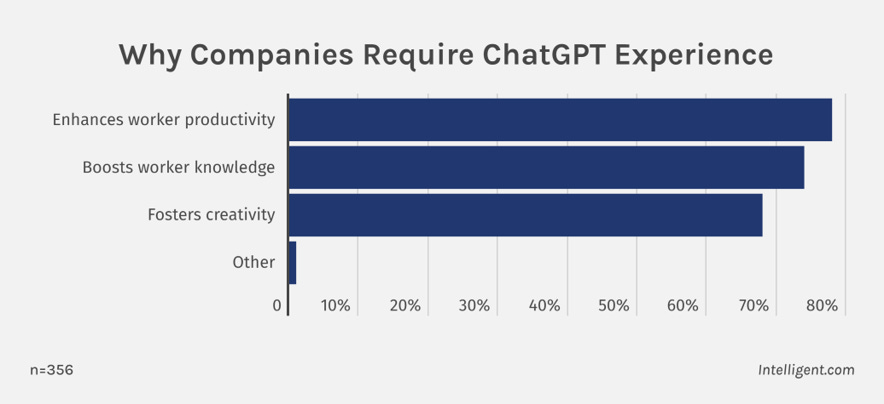I’ve been thinking a lot about how to think about AI. Is it a positive or negative force for society? Personally, using AI has been wonderful in terms of helping me learn and be more creative and productive. I’ve learned new concepts, built new courses, and created a simulation for my classes without knowing any coding. I also see how AI can potentially be used to improve drug research, healthcare, government services, and business operations.
Yet at the same time I realize AI may cause many employees to lose their jobs, consumes a lot of energy, has biases, hallucinates, and (oh, by the way) may end humanity.
This brings to mind one of technology history professor Melvin Kranzberg’s Six Laws, the sixth one.
Kranzberg’s Sixth Law of Technology: Technology is a very human activity-and so is the history of technology.
“Behind every machine, I see a face–indeed, many faces: the engineer, the worker, the businessman or businesswoman, and, sometimes, the general and admiral. Furthermore, the function of the technology is its use by human beings–and sometimes, alas, its abuse and misuse.”
This law is brought home to me by this picture of my wife’s maternal grandfather, Virgil. He was a farmer and this picture was taken the day he switched from working his fields with his horse team to working his land with a tractor. While the promise of the new technology was enticing and ultimately convincing, I’m sure it was hard to give up his relationship with his horses.
As the Sixth Law states, technology adoption is a very human thing, it is not just a matter of logic as it involves emotions and has very real impacts on humans and all living things on the planet.
Technology shifts always had winners and losers. The adoption of new spinning machines led to the rise of the original Luddites in Britain; textile workers who would lose their livelihood to industrialization.
This table (created by ChatGPT with a couple prompts) highlights this.
It’s clear it will be the same with AI. Generative AI, which involves using algorithms to create new content or data, has numerous positive benefits for humans across various domains. For me personally, and many others, it significantly improves my access to knowledge, expands my creativity and increases my productivity. That is true for others as well.
Here are some key benefits of AI, again courtesy of ChatGPT (some are debatable as “benefits” and instead may be seen as losses, such as #10).
Education and Training: Generative AI can create personalized learning experiences by generating customized content, quizzes, and interactive simulations. It can also provide real-time feedback and adapt to individual learning styles, improving educational outcomes.
Healthcare: In medicine, generative AI can assist in drug discovery, generate synthetic medical data for research, and help create personalized treatment plans. It can also enhance diagnostic tools by generating and analyzing medical images.
Content Creation: Businesses and individuals can use generative AI to produce high-quality content at scale, such as articles, marketing materials, and social media posts. This can save time and resources while maintaining quality.
Enhanced Communication: Generative AI can facilitate communication by providing real-time translation services, generating speech from text, and creating virtual assistants that can interact naturally with users.
Entertainment: In the entertainment industry, generative AI can create immersive experiences in video games, movies, and virtual reality by generating realistic characters, environments, and storylines.
Design and Manufacturing: Generative AI can optimize design processes in fields like architecture, engineering, and product design by generating multiple design alternatives based on specified parameters, leading to innovative and efficient solutions.
Personalization: Generative AI can tailor products and services to individual preferences, enhancing user experiences in areas like e-commerce, recommendations, and customer service.
Problem Solving and Innovation: By simulating complex scenarios and generating potential solutions, generative AI can assist in tackling challenging problems in fields such as climate science, urban planning, and logistics.
Art Preservation and Restoration: Generative AI can help in the preservation and restoration of artworks by generating missing parts of damaged pieces or creating replicas for study and exhibition purposes.
Creative Assistance: Generative AI can aid artists, writers, musicians, and designers by providing inspiration, generating drafts, and automating repetitive aspects of the creative process. This can lead to new and innovative works that might not have been possible otherwise.
However, the downsides of AI are legion per ChatGPT. These include the following:
Job Displacement: Economic inequality and social unrest as some workers struggle to find new employment opportunities.
Bias and Discrimination: Unfair treatment of individuals based on race, gender, or other characteristics, leading to systemic inequality.
Privacy Concerns: Erosion of personal privacy and potential misuse of personal information by corporations or governments.
Security Risks: Increased threats to national security and individual safety.
Loss of Human Autonomy: Potential for over-dependence on AI, leading to a decrease in critical thinking and decision-making skills.
Ethical Dilemmas: Difficulty in establishing clear ethical guidelines and ensuring that AI development aligns with human values.
Economic Disparities: Widening gap between wealthy and poor individuals, regions, or countries.
Transparency and Accountability: Challenges in holding AI systems and their developers accountable for mistakes or harmful outcomes.
Environmental Impact: Increased carbon footprint and potential negative impact on climate change efforts.
Over-Reliance on Technology: Potential vulnerability if AI systems fail or are compromised.
Interestingly, ChatGPT did not include the end of humanity on its list, so I asked it why not. It replied, “You’re right; the potential existential risks of AI are an important consideration” and then it updated the list. Seems like an obvious miss.
Beyond the immediately obvious effects, AI also has major second and third order effects, many (most?) of which cannot be foreseen, as the meme below (and this article) highlights.
I won’t pretend to predict the many aftershocks of the adoption of AI. I will say we have metaphorically put ourselves in the hands of Shiva. Shiva is the Hindu god of destruction, creation, and transformation.
We know AI will create new ways of doing things, new jobs, new companies and new opportunities. At the same time, it will destroy skills we held dear, eliminate jobs, bankrupt firms and close off old avenues of human life. Unfortunately, beyond those broad brush strokes, we cannot foresee the specifics of the transformation that will occur but can only understand the changes will be huge and result in many unpredictable outcomes.
As for myself, I’ll keep using AI for everything I do. It’s just that helpful. But at the same time, I remain clear-eyed about the upside and downside.










